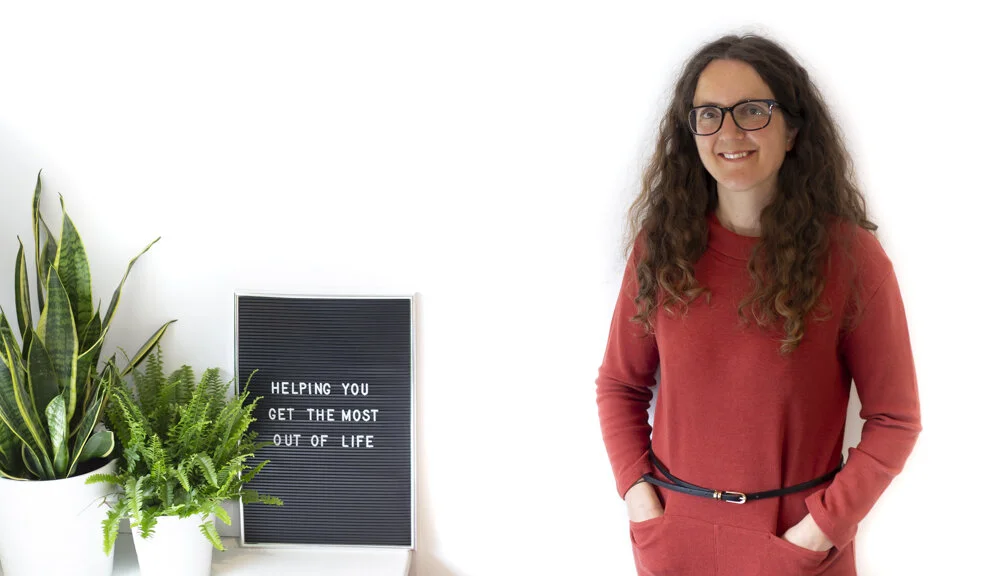The Complementary and Natural Healthcare Council; ensuring high standards
I am proud to have become a local champion for the Complementary and Natural Healthcare Council (CNHC). I have been a member of the CNHC since I qualified as a hypnotherapist so am pleased to be taking my role one step further as a champion to make people more aware of their existence and work.
What does the Complementary and Natural Healthcare Council do?
The CNHC was set up by the Government to provide an independent register of complementary healthcare practitioners that the public can refer to, confident in the knowledge that these practitioners are professionally and appropriately trained and qualified.
The CNHC has an important role in setting and maintaining standards for its members. This means that the public can feel secure in using its members, knowing that they will adhere to these guidelines.
These standards include qualifications. Members need to have recognised professional qualifications and insurance in the field they practice in. Practitioners who have had any disciplinary or civil proceedings against their practice may not be accepted; full details need to be discussed with the CNHC. Practitioners also need to inform the CNHC of any health conditions which may impact on their ability to do their job.
Importantly practitioners also need to commit to regular continual professional development each year (CPD) to ensure they keep their skills up to date. Practitioners also adhere to the Code of Ethics which covers crucial topics such as safeguarding and data protection.
The Department of Health recommends that members of the public who are seeking complementary healthcare choose someone who is registered with the CNHC. The General Medical Council state that doctors can also refer patients to somebody who is registered with the CNHC. This means that some private health care companies will pay for complementary therapies with CNHC registrants.
Why is the Complementary and Natural Healthcare Council necessary?
Most complementary health care services (including hypnotherapy) are not regulated. This means that unlike more mainstream health services complementary health practitioners do not necessarily have to complete certain qualifications or be registered with specific bodies to set up practice. The CNHC exists to show which practitioners adhere to the high standards they set. They have done the checks so that the public don’t have to.
There are 18 complementary services covered by the CNHC. Along with hypnotherapy this includes the Alexander technique, sports therapy, massage therapy, reflexology, naturopathy, microsystems acupuncture, reiki, yoga and shiatsu. All of the practitioners who are on the register follow the same high standards, regardless of discipline.
The guidelines and ethics provided by the CNHC offer a useful framework for practitioners to refer to. In unprecedented times, such as during the coronavirus pandemic, this is particularly helpful as the CNHC gave advice about when it was appropriate to start seeing people face to face again.
What is a local champion?
A local champion is a member of the CNHC who, alongside their role as a complementary health practitioner, helps to raises public awareness of the CNHC. This can only be a good thing for all involved. Clients find complementary health very beneficial and having the peace of mind that their practitioner is fully qualified and adheres to high standards is essential. The CNHC exists to reassure clients, to support practitioners and to bridge the gap that can sometimes appear between mainstream health services and the complementary health world.
Find out more
To find out more about the CNHC please see their website at Homepage | CNHC

